If you find yourself exhausted during the day, reaching for your next cup of coffee may seem like the obvious solution. But here’s the kicker: the very thing you think is keeping you going—caffeine—might be the reason you’re tired in the first place.
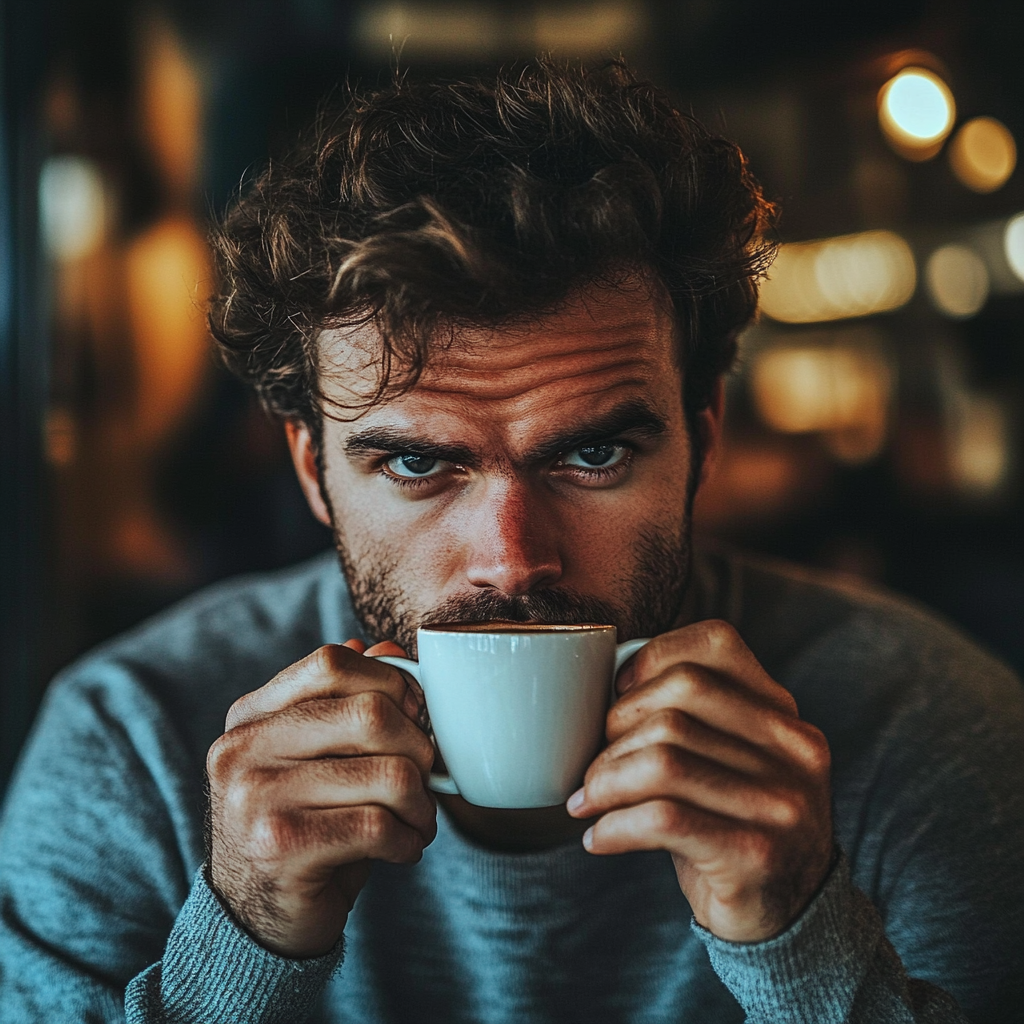
I know, this may ruffle some feathers. If you’re a coffee lover, the idea that your beloved cup of joe could be sabotaging your sleep—and by extension, your energy—might be hard to swallow. But stick with me, and let’s explore the connection between caffeine, restless nights, and that tired feeling during the day.
How Caffeine Affects Your Sleep
First, let’s talk about caffeine’s impact on your body. Caffeine has a half-life of about 5-6 hours, which means half of the caffeine you consume is still hanging out in your system for up to 6 hours after your last cup. Let’s break this down with an example:
Say you drink two cups of coffee by 10 AM, which gives you about 200 milligrams of caffeine in your body. Six hours later, at around 4 PM, you’ve still got about 100 milligrams floating around in your system—essentially the equivalent of having just one more cup of coffee. Now, fast forward another six hours to 10 PM, when you’re getting ready to wind down for the night. You’ve still got 50 milligrams of caffeine in your system, which is about half a cup of coffee’s worth.
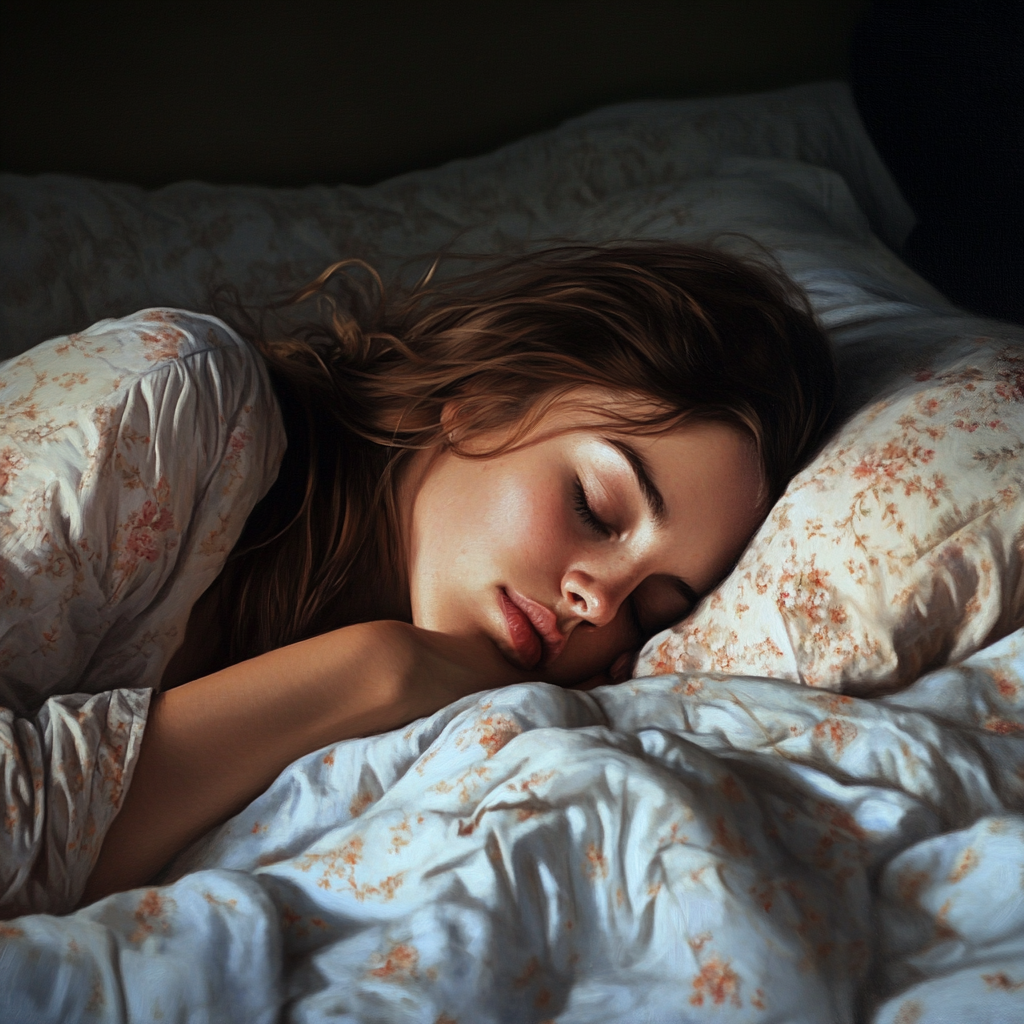
That may not seem like a lot, but even if you fall asleep, that leftover caffeine can interfere with the quality of your sleep. You may wake up feeling like you slept, but if it wasn’t deep, restorative sleep, you’ll feel drained. And what’s the solution when you wake up feeling tired? More coffee, of course! Thus, the cycle continues.
The Caffeine-Sleep Cycle
Caffeine is tricky because it gives you that initial energy boost, but over time it can rob you of the restful, rejuvenating sleep you really need to feel energized during the day. What you end up with is a vicious cycle: caffeine keeps you awake and alert for a while but disrupts your sleep later. The next day, you wake up tired, reach for more caffeine, and the cycle repeats.
Here’s the thing: my goal isn’t to get you to stop drinking coffee (I know you love it!). Instead, it’s to help you identify areas where your habits may be affecting your health and energy levels. So, think about your own life: Are you getting full, restful nights of sleep consistently? If not, and you’re drinking coffee, caffeine might be the culprit.
Try This Simple Experiment

If this sounds like you, I challenge you to try a little experiment. For 2-3 days, consider one of these options:
1. Switch to half-caffeinated coffee (50-50). This way, you still get some caffeine, but in a much smaller dose.
2. Go cold turkey for a few days and drink only decaffeinated coffee or herbal tea.
This is just an experiment to see if your coffee habit is really affecting your sleep. If you still aren’t sleeping well after cutting down on your caffeine intake, you can always go back to your fully loaded coffee routine. But, if you’re someone who regularly drinks caffeinated coffee and struggles to get good, restful sleep, this could be worth a try.
Now, if you decide to go cold turkey, I won’t sugarcoat it—you might feel a little more tired than usual in the morning, especially the first couple of days. This is totally normal. Your body is adjusting to the absence of caffeine. Stay strong, because the ultimate goal is to see if reducing caffeine helps you sleep better and, in turn, feel more energized during the day.
Sami’s Story
Let me tell you about Sami, who took on this exact experiment. Sami was a coffee enthusiast—two cups every morning without fail. But despite loving the taste and ritual of coffee, Sami was struggling with poor sleep and low energy during the day.
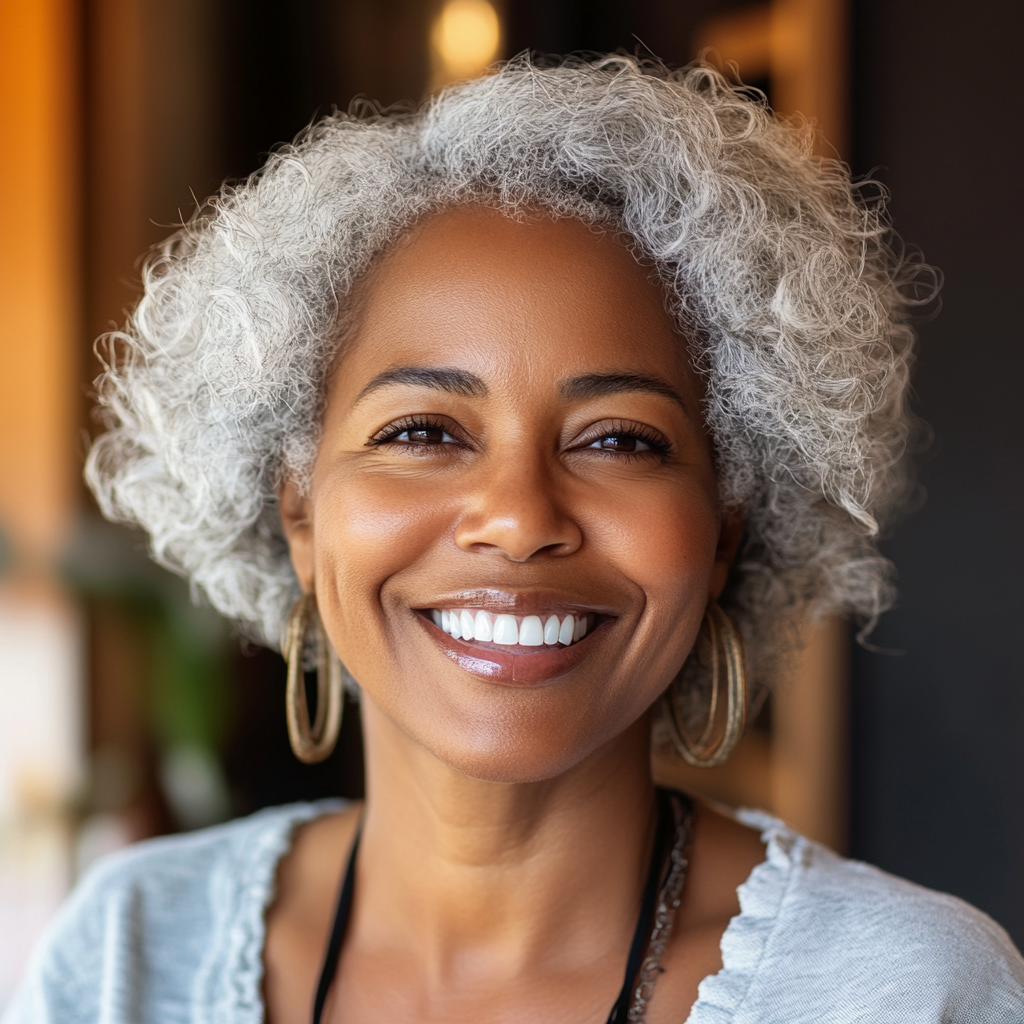
Sami decided to try switching to decaffeinated coffee for a week, just to see what would happen. At first, Sami felt a bit sluggish in the mornings without the usual caffeine jolt. But by the third night, Sami noticed something amazing: sleep was becoming deeper and more restful.
Now, Sami is hooked on the decaf. Sami still enjoys the taste and warmth of the morning coffee routine, but without the caffeine’s negative impact on sleep. As a result, Sami is feeling more refreshed and energized throughout the day, all because of a simple tweak in the morning routine.
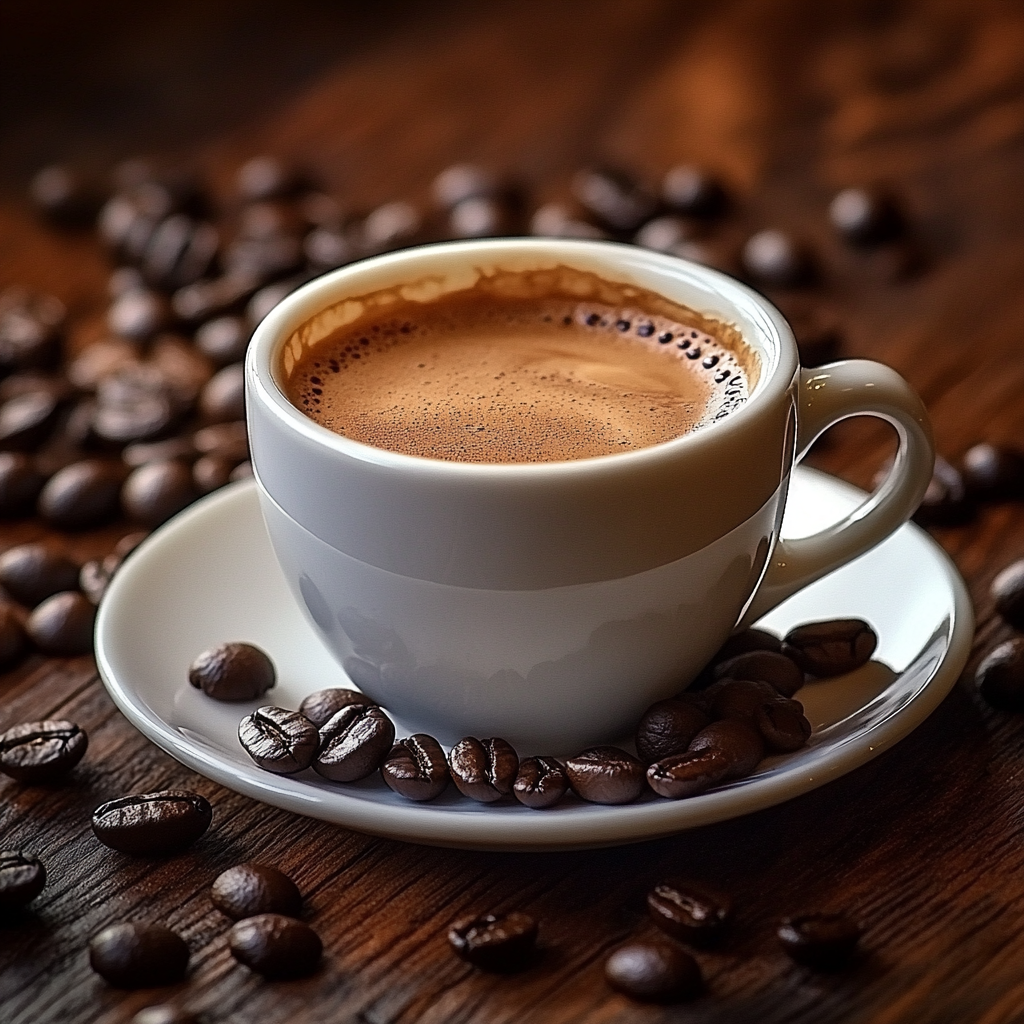
Ready to Give It a Try?
So, what about you? If you’re a regular coffee drinker who isn’t getting the best sleep, why not give this experiment a try? Switch to half-caff or decaf for a few days and see how your body responds. You might be surprised by how much more restful your sleep becomes and how much energy you have during the day.
Let me know how it goes—I’d love to hear about your experience! Feel free to share your results, and if you have any questions or need guidance, I’m here to help. Your energy and sleep are worth the experiment!
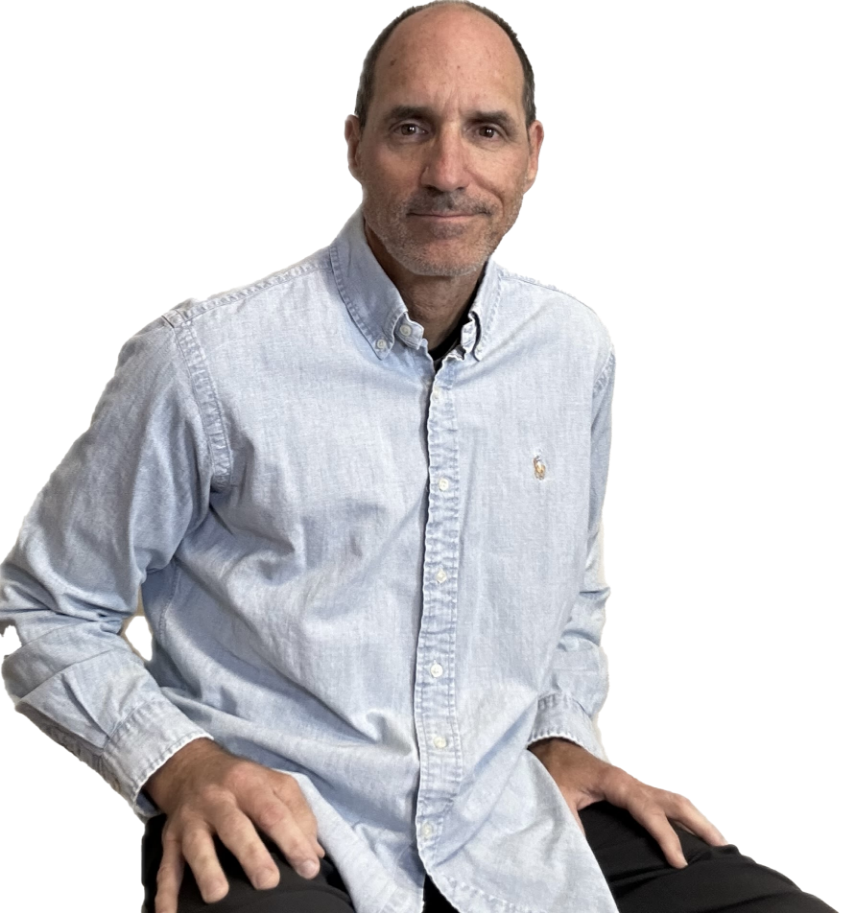
Mike Thomas is a registered pharmacist and a board certified health coach. He helps busy professionals who struggle with low energy, high stress and chronic pain.
This blog is for educational and informational purposes only and solely as a self-help tool for your own use. I am not providing medical, psychological, or nutrition therapy advice. You should not use this information to diagnose or treat any health problems or illnesses without consulting your own medical practitioner. Always seek the advice of your own medical practitioner and/or mental health provider about your specific health situation. For my full Disclaimer, please go to CoachMikeThomas.com.

Hi Mike,
To try going half-caff, should I just make a weaker cup (use less coffee) or would switching to a black or green tea be less caffeine?